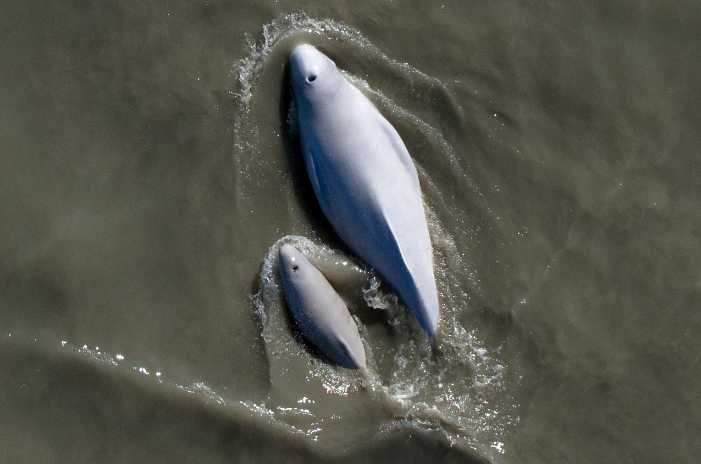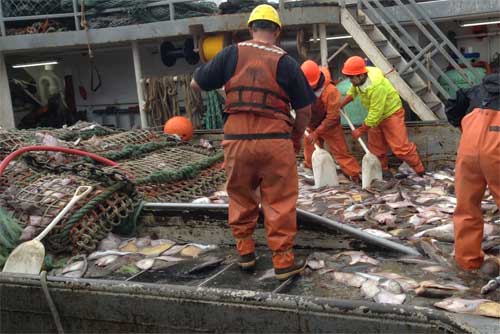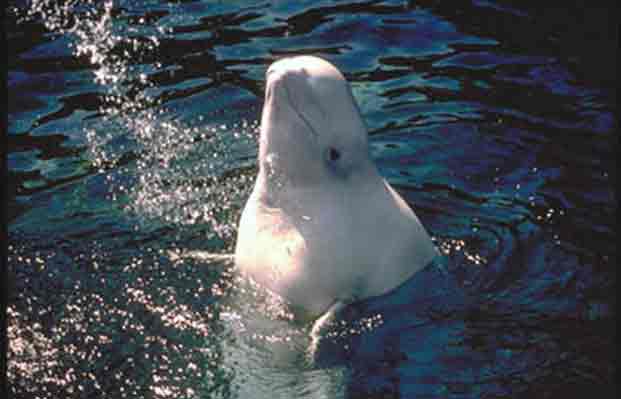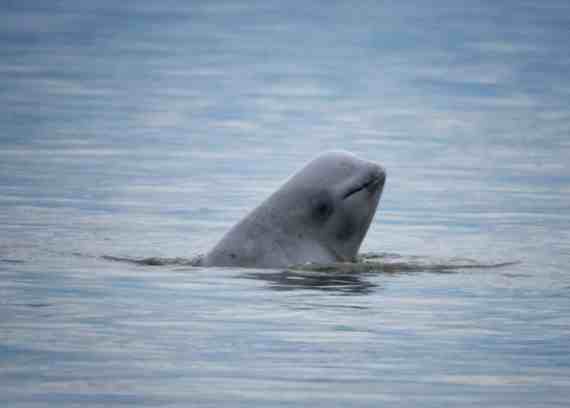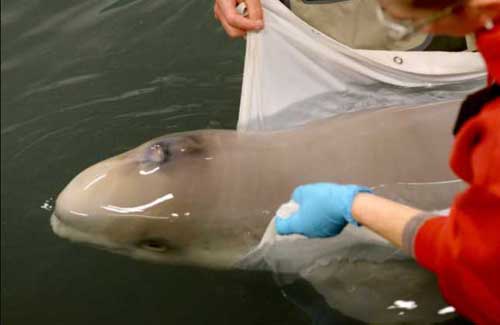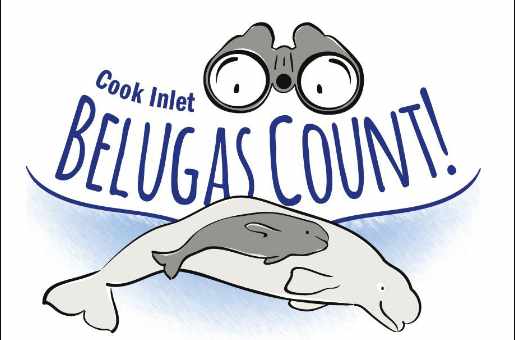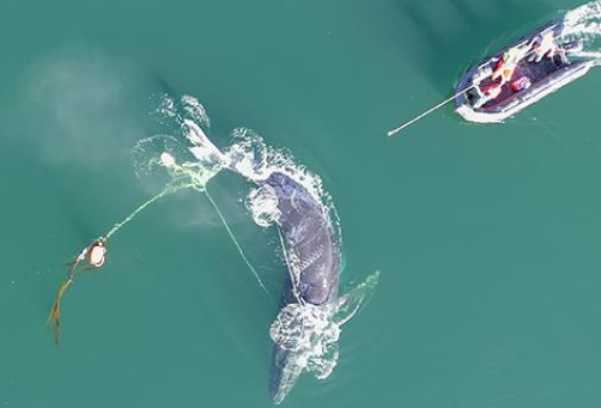Toxic Discharges from Oil & Gas Facilities Would Increase
HOMER, AK—Cook Inletkeeper today called-out the Dunleavy Administration for weakening a key Clean Water Act permit that would allow the oil and gas industry to increase toxic dumping in prime salmon, halibut, and beluga whale habitat. The proposed permit covers oil and gas production wastes from offshore platforms and other facilities in Cook Inlet.
“I’ve never seen more egregious pollution rollbacks anywhere in Alaska,” said Bob Shavelson, Inletkeeper’s Advocacy Director. “Cook Inlet is already the only coastal water body in the nation where oil and gas companies enjoy a toxic dumping loophole. Now it’s clear ADEC simply asked industry what it wanted to dump, then built a shoddy permit around it.”
The proposed permit relies on massive mixing zones in Cook Inlet to dilute billions of gallons of industry waste; the area within these mixing zones fails to meet state water quality standards designed to protect fisheries and other uses. Industry waste streams contain toxic hydrocarbons and heavy metals, including mercury, lead, cadmium and arsenic.
“Clean water and healthy fish and wildlife are the backbone of Cook Inlet and are vital to subsistence, recreational, and commercial users,” said Maresa Jenson, a lawyer with the public interest law firm Trustees for Alaska, which submitted detailed comments on the draft permit. “Instead of protecting these important resources, the State is ignoring the law and letting industry dump billions of gallons of toxic waste into Cook Inlet waters and fisheries.”
[content id=”79272″]
To accommodate increased pollution from aging Cook Inlet fields, ADEC used inaccurate computer models to justify the increased size of the mixing zones. For the permit’s largest discharge pipe at the Trading Bay Production Facility on the west side of Cook Inlet, ADEC increased the size of the mixing zone more than 80%, creating a sacrifice zone nearly 3 miles across in Cook Inlet where industry does not have to meet basic standards to protect fish, wildlife, and human health.
In a letter today to ADEC Commissioner Jason Brune, Inletkeeper wrote: “In your short time as Commissioner, ADEC has already come under heavy criticism for its anti-science approach to the PFAS drinking water contamination problem across the state. Now, your agency has proposed a permit for oil and gas discharges in Cook Inlet that turns science on its head, and makes a mockery of the state and federal laws and rules governing water pollution.”
Importantly, ADEC’s draft permit fails to meet state standards designed to protect human health.
“Our village is concerned about our subsistence foods,” said Tom Evans, a resident of the Native Village of Nanwalek in Lower Cook Inlet. “In 2003, EPA found the same types of chemicals in our fish and shellfish as the ones dumped by the oil and gas industry. But that study got swept under the rug.”

